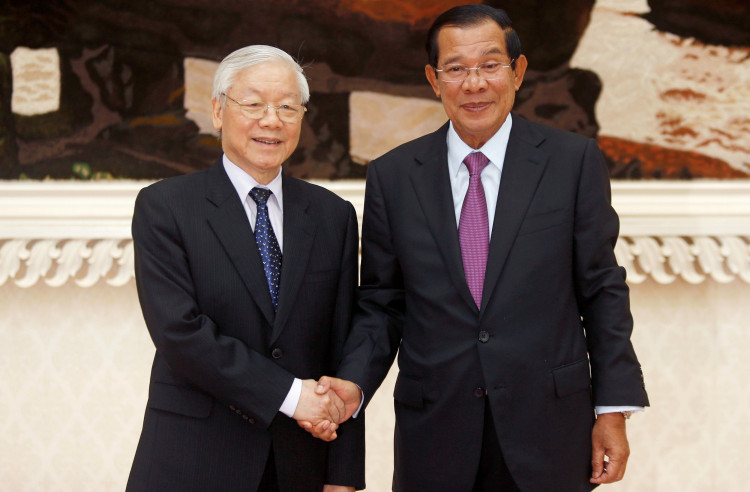Asian ministers met in Cambodia over the weekend to discuss a regional trade that seeks to cover 16 countries, including three of the region's largest economies. The meeting was held amid easing tensions between China and the U.S.
According to Nikkei Asian Review, ministers from 16 countries joined in the meeting for the Regional Comprehensive Economic Partnership deal. After Saturday's meeting, participants agreed to push for "utmost effort" in reaching a deal this year.
Japanese Trade Minister Hiroshige Seko said, "If it comes together this year, it will show that the world still wants multilateral free trade frameworks." Despite efforts to close a deal during the weekend, an insider with knowledge of the negotiations said, "There wasn't an in-depth discussion."
India and a couple of other nations hesitated to commit to the deal due to upcoming elections. As a result, no progress was made yet again years after the first meeting was held for the RCEP. Only seven of the proposal's 18 chapters were agreed on by participating ministers. Among the chapters that did not get an amicable agreement are e-commerce rules and tariffs.
Aside from India's general election to be held in May, Australia, Indonesia, and Thailand will be holding elections. These countries are reportedly hesitant to make bold decisions that could affect public opinion.
Other participating countries are looking forward to striking a deal. Japan said it is hoping for more progress so the country could have an upper hand when negotiating trade pacts with the United States.
In 2013, the first round of talks was held on the megadeal that included China, Japan, and India, Asia's top economies. Other countries that took part in the negotiations are the Philippines, Australia, Brunei, Laos, Cambodia, Indonesia, Singapore, Malaysia, New Zealand, Myanmar, Vietnam, South Korea, and Thailand.
Amid participant hesitance and potential delays to the RCEP, Cambodian Minister of Commerce, Pan Sorasak was optimistic after the meeting. 90 percent of the issues have been settled, the minister told media, the Khmer Times reported.
Pan also ignited hopes for improved exchange between Asia-Pacific countries when he said all parties agreed that a deal should be reached by November. He noted that "the RCEP will encompass a market bigger than that of the Trans-Pacific Partnership."
Cambodian Prime Minister Hun Sen echoed Pan's optimism following the meeting. He said ministers have been urged by the government to achieve the best results for each industry within the RCEP to ensure that negotiations will end before 2019 comes to a close.





